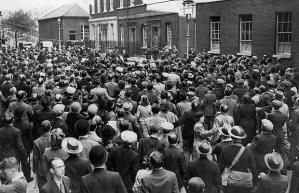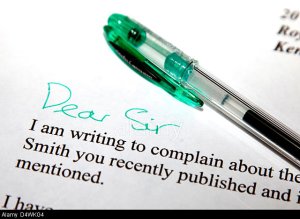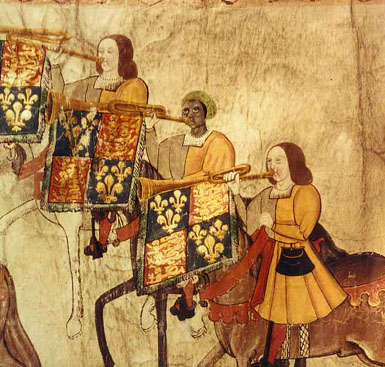Mark Hailwood
It’s been a lively old summer here on the ‘monster, and as the dust finally starts to settle on our ‘Voices of the People’ online symposium it’s probably time for a few conclusions. The vast range of thoughts provoked by our brilliant contributors are impossible to capture in a humble blog post, so there is no pretense here of providing a definitive summary of all the key points: for that, you’ll have to read the posts (and the #voxpop2015 hashtag on twitter). Instead, I’ll keep to highlighting a few of the themes that featured most prominently in your comments, both on the posts and on twitter; and that seem to me, therefore, to set the agenda for keeping the broader conversation about ‘history from below’ moving along.
History from below is… popular
 Let’s start with the vital statistics: since the start of the symposium in July, the many-headed monster has received over 20,000 views. Add to that the 80 comments made on the blog posts, and the countless tweets about the symposium that have used the hashtag #voxpop2015, and I think it is fair to say that VoxPop2015 has been – appropriately enough – popular. One endorsement went so far as to say that ‘
Let’s start with the vital statistics: since the start of the symposium in July, the many-headed monster has received over 20,000 views. Add to that the 80 comments made on the blog posts, and the countless tweets about the symposium that have used the hashtag #voxpop2015, and I think it is fair to say that VoxPop2015 has been – appropriately enough – popular. One endorsement went so far as to say that ‘#voxpop2015 is the best thing on Twitter. If there was a Twitter fire, it’s the one thing I’d save; the rest could crackle away’ (@CBarnacles). Not an opinion of twitter we share, I hasten to add, but it’s a compliment we’ll take! A huge thanks to everyone who has participated in the event in some shape or form. Continue reading




